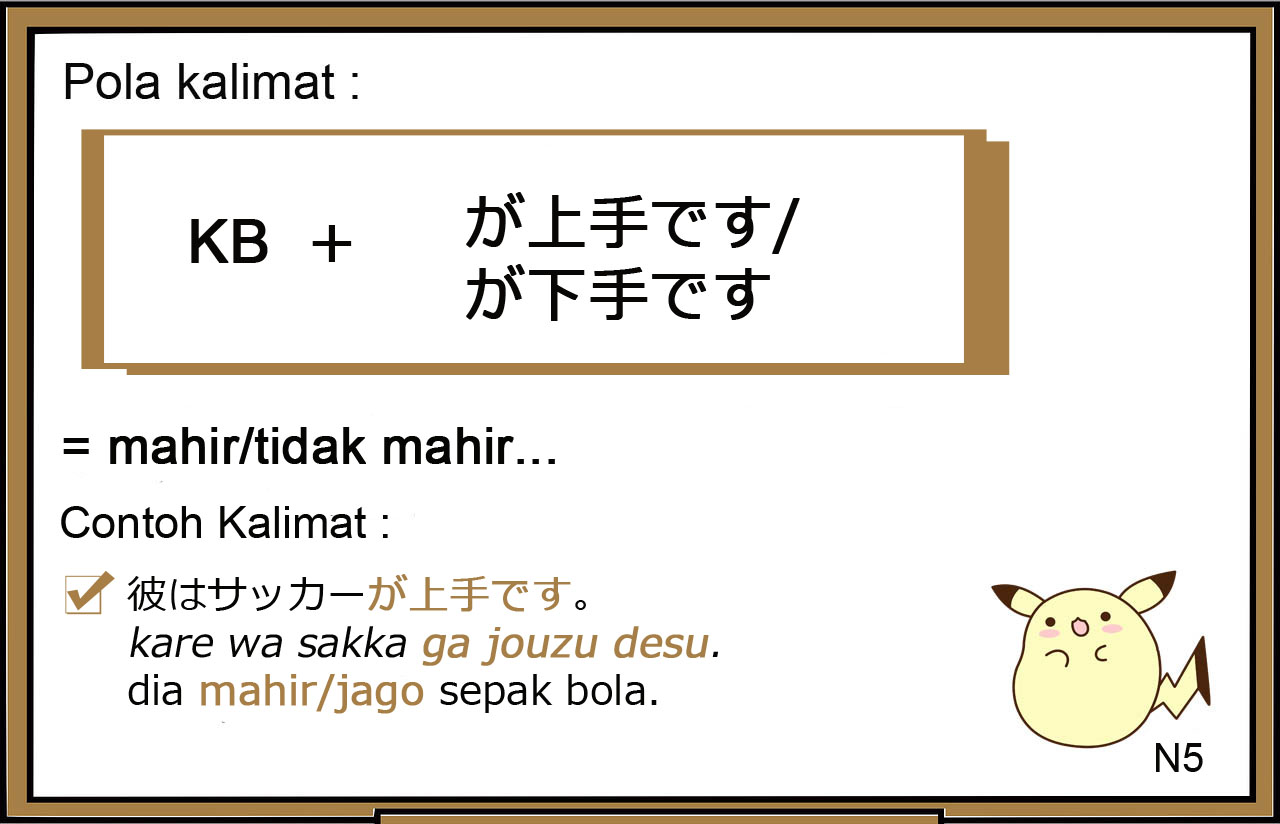

In fact, there are some exceptions that defy all reason. I trust that it will serve nicely for daily conversation and writing, but I really must emphasize general here because of the many exceptions and surprises that do exist.

This is a general guide for using the particles. They can be friendly at times and pesky at others, and some can even be omitted in familiar conversation when they convey no real meaning. There are even times when they have their own meaning, usually as prepositions. Particles in Japanese act like the "cement" of a structure, holding the major components together and serving as indicators for the words they follow or are stuck between.
 Nani ga tabetai no? (What do you want to eat?). Dare ga kono gyuunyuu o koboshita? (Who spilled this milk?). Ga is used with simple question subjects in many cases: The thing she is doing is already known, so it needs no emphasis. (Seiko is doing it now.) This one, which is a reply, needs to point to Seiko as the person doing whatever, so ga is used. (The job that John does is difficult.) In this one, wa tells us that we're talking about a job, and that it's a difficult one, and ga tells us that it's not just any job we're talking about, but the job that John does. John ga suru shigoto wa muzukashii desu. Ga points to "active" subjects, emphasized subjects, and subjects within a larger topic: (Kimiko studies English every day.) Here, we're talking about Kimiko, and want her diligence concerning English studies to be made known. Kimiko wa mainichi eigo o benkyou shite imasu. (Summers in Japan are hot.) In this example, wa tells us that the topic of conversation is summers in Japan, and that the important thing about them is the fact that they are hot. It indicates the general topic and, if anything, emphasizes what comes after it : You could say that wa is the "standard" subject indicator. (That's not meant to be an excuse it's just to assure you that it's okay to make mistakes along the way.) Subject indicators wa and ga Wa and ga indicate subjects by coming after them. One thing that is nice about Japanese is that it's not as "grammatically fussy" as English: If you happen to omit or make a mistake concerning particles, you won't sound as ridiculous or illiterate speaking this "broken Japanese" as you would if you did the same thing in English. I will do my best to point these out, but it will be impossible to cover everything here. I have spent hours with native speakers trying to get straight, logical answers concerning the strange behavior of some of the particles, but I often just get blank stares and the "case by case" answer. While some particles more or less follow certain rules regarding use, others don't and must be learned "case by case" and remembered as such.
Nani ga tabetai no? (What do you want to eat?). Dare ga kono gyuunyuu o koboshita? (Who spilled this milk?). Ga is used with simple question subjects in many cases: The thing she is doing is already known, so it needs no emphasis. (Seiko is doing it now.) This one, which is a reply, needs to point to Seiko as the person doing whatever, so ga is used. (The job that John does is difficult.) In this one, wa tells us that we're talking about a job, and that it's a difficult one, and ga tells us that it's not just any job we're talking about, but the job that John does. John ga suru shigoto wa muzukashii desu. Ga points to "active" subjects, emphasized subjects, and subjects within a larger topic: (Kimiko studies English every day.) Here, we're talking about Kimiko, and want her diligence concerning English studies to be made known. Kimiko wa mainichi eigo o benkyou shite imasu. (Summers in Japan are hot.) In this example, wa tells us that the topic of conversation is summers in Japan, and that the important thing about them is the fact that they are hot. It indicates the general topic and, if anything, emphasizes what comes after it : You could say that wa is the "standard" subject indicator. (That's not meant to be an excuse it's just to assure you that it's okay to make mistakes along the way.) Subject indicators wa and ga Wa and ga indicate subjects by coming after them. One thing that is nice about Japanese is that it's not as "grammatically fussy" as English: If you happen to omit or make a mistake concerning particles, you won't sound as ridiculous or illiterate speaking this "broken Japanese" as you would if you did the same thing in English. I will do my best to point these out, but it will be impossible to cover everything here. I have spent hours with native speakers trying to get straight, logical answers concerning the strange behavior of some of the particles, but I often just get blank stares and the "case by case" answer. While some particles more or less follow certain rules regarding use, others don't and must be learned "case by case" and remembered as such. 
JAPANESE PARTICLES Particles in Japanese act like the "cement" of a structure, holding the major components together and serving as indicators for the words they follow or are stuck between.








 0 kommentar(er)
0 kommentar(er)
